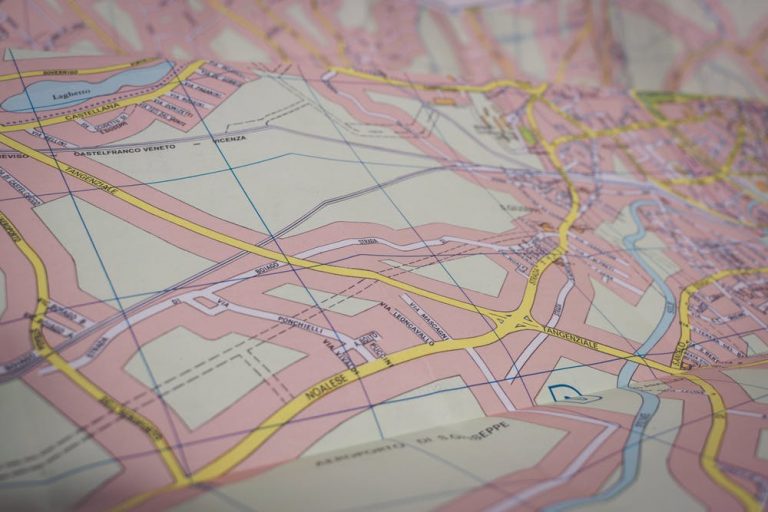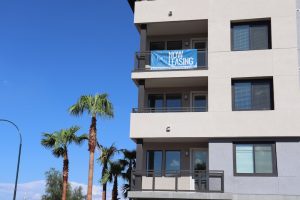Reporting on the changing landscape of your urban area requires a knowledge of zoning codes. Luckily, there are a variety of resources readily available to help business journalists start their reporting. But first, it’s important to have a good understanding of what zoning means.
What is zoning?
Most municipalities across the U.S. are divided into zones which determine what building activity is permitted and prohibited. Zoning restrictions are the reason you can’t build a skyscraper in a residential neighborhood. These restrictions determine how many stories a building can be, the building dimensions, what kind of business can be built were (in Phoenix, “adult” businesses cannot be built within 1,320 feet of a childcare center) and more.
Some common zoning classifications include residential, multifamily, commercial, historic, urban center, industrial and agricultural. There are a lot more, but they depend on the geography and make-up of your city. Remember that zoning codes vary from state to state. A ‘C-1’ zoning code, for example, does not mean exactly the same thing in every state.
Some tools to help you get started
Zoning can be complicated, but luckily your city likely has information on its official website to help you unpack what’s going on in your city–and hopefully help you find story ideas. Look for a heading that uses the words “planning and development” or “city planning” on the site. This is likely where you will find zoning information.
The city of Phoenix, for example, has an interactive map which helps users easily visualize the zoning requirements across the city. Many cities have similar tools which can help you determine zoning codes for each area of your beat. Here’s a zoning map of the city of San Diego found on their website. Here’s another one of Chicago.
Your city’s website should also have publically available reports detailing requests to amend zoning restrictions as well as updates on zoning plans.
Start your reporting
• Certain zoning laws in parts of the country have been criticized for exacerbating the affordable housing crisis many cities are facing. Is this happening in your city? Have you noticed high-rise luxury apartments popping up? Does your city have an affordable housing deficit? Checking your local zoning parameters may be a good place to start your reporting. It can help you visualize commercial, residential, historic, industrial areas of town and help predict migration of development. Is there an up-and-coming part of town with residents worried about a high rise moving in and raising rents for everyone else? Look and see if the area is zoned for high rises.
• Areas can be rezoned–meaning the land use changes. Usually there are public hearings for rezoning, where the city decides what to do with a property. Look for a schedule on the city site. Even if you don’t know exactly what it’s for, you may hear something useful at the hearing that could lead to a story. Remember to keep up with local ordinances and rezoning measurements. Those may be available on your city’s website as well.
• Don’t rely entirely on the internet. Get to know community advocates and business owners in your beat area. They know their area better than anyone, so they might give you some great insight on land use changes taking place, or if they’ve seen developers checking out the area.
• Talk to an expert. You’re a journalist, not a city planner, so if you have questions you can’t find the answer to online, give your city’s planning and development PIO a call or shoot them an email. Since zoning can be complicated, it’s a good idea to check your facts with an expert and avoid having to issue a correction later on.










